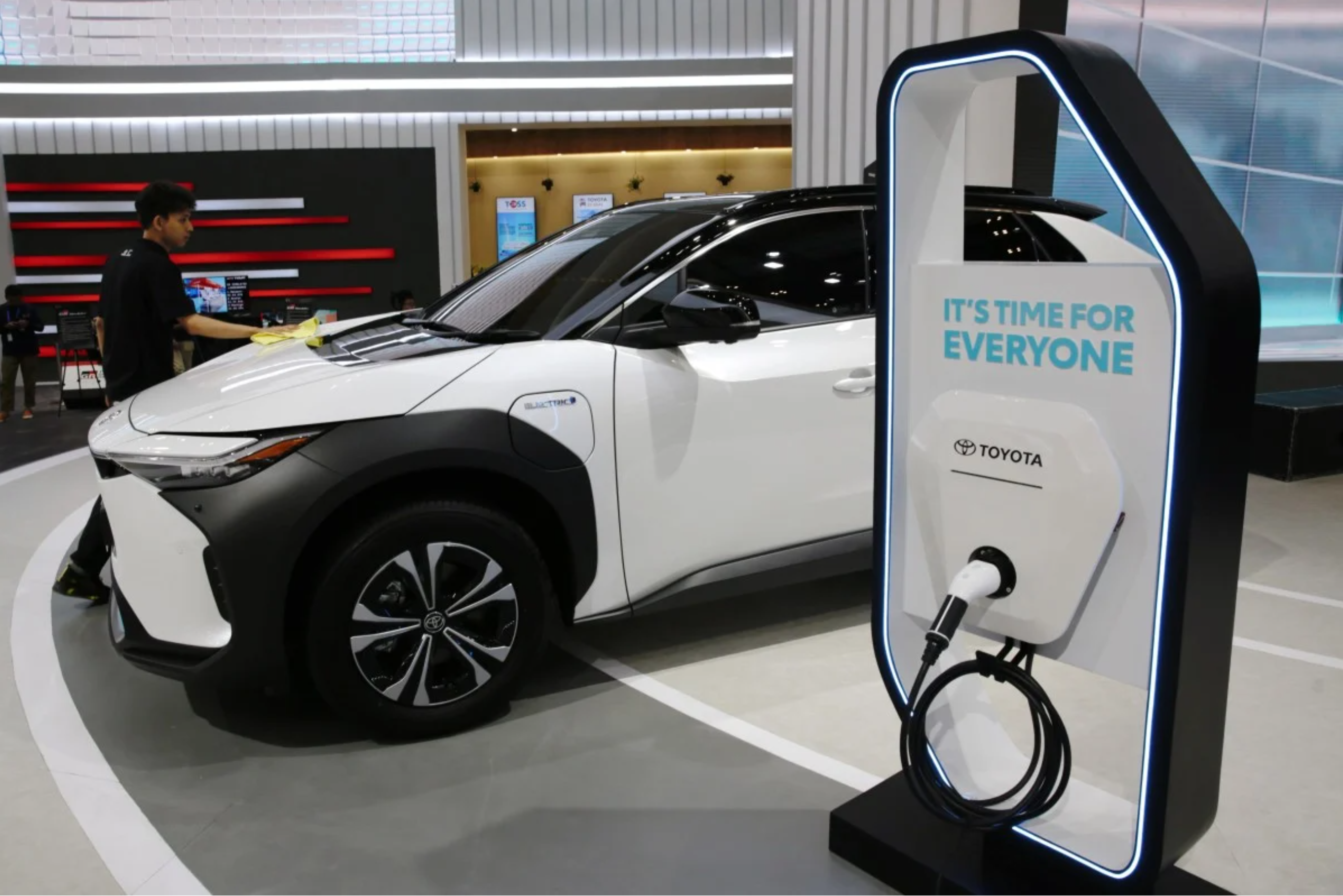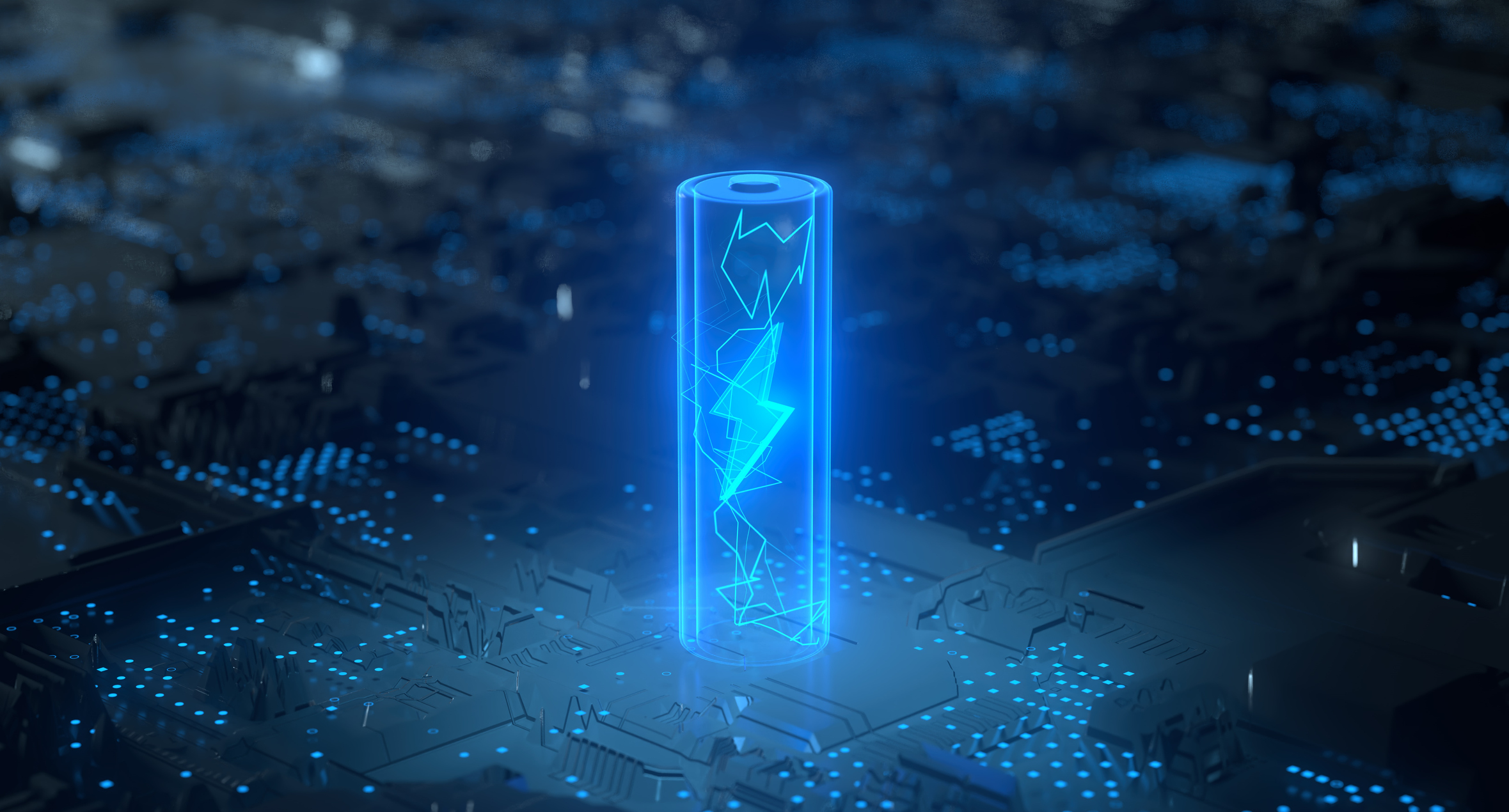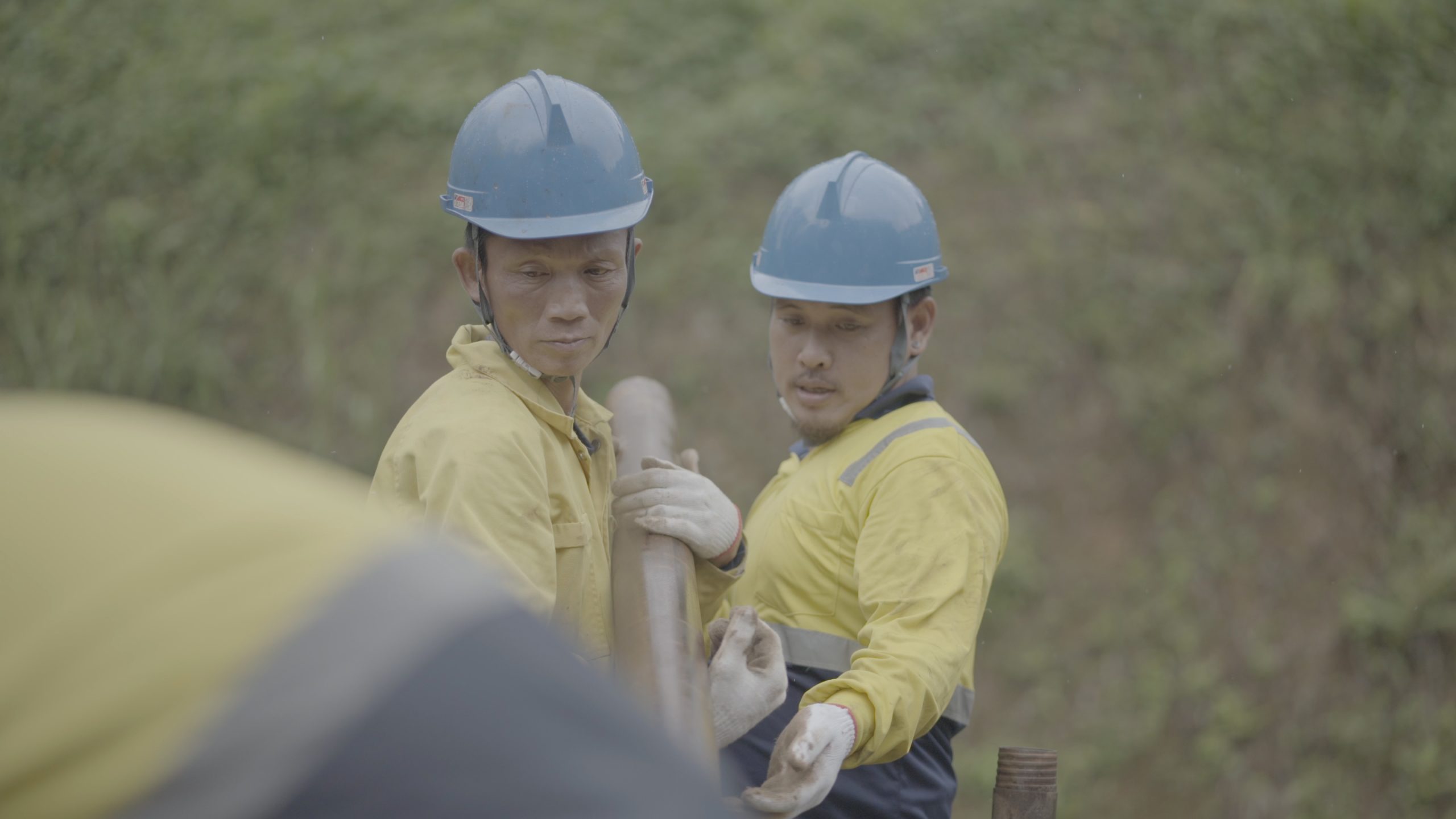- Global demand for lithium is likely to more than triple by 2030, but world capacity could struggle to keep up, with shortages forecast as soon as 2025
- China’s dominance of the lithium market and US moves to localise battery raw material supplies could slow EV deployment to below expectations, observers say
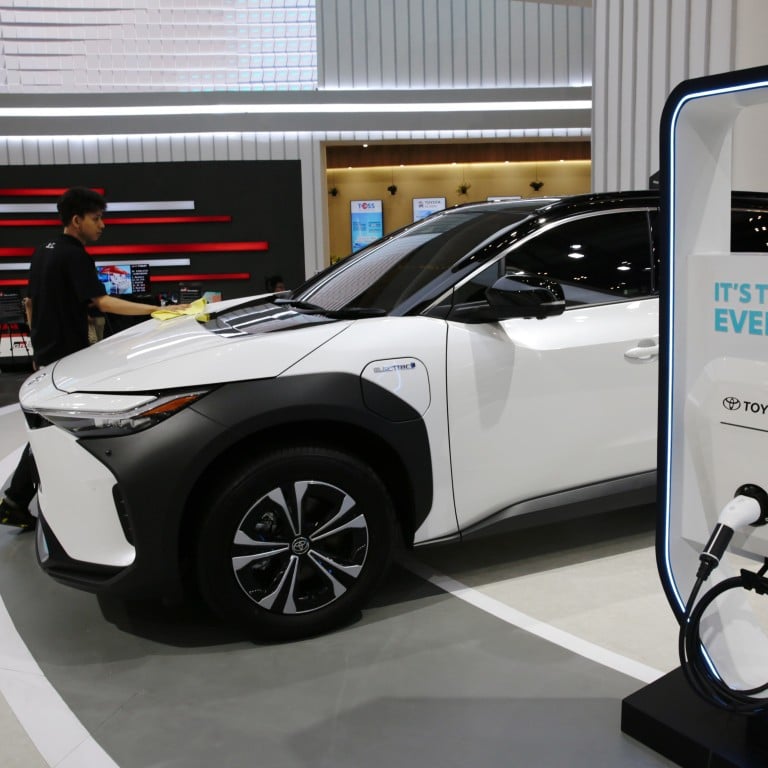
Electric vehicle sales boom unlikely to ease Asia’s dependence on energy imports, analysts warn
- Global demand for lithium is likely to more than triple by 2030, but world capacity could struggle to keep up, with shortages forecast as soon as 2025
- China’s dominance of the lithium market and US moves to localise battery raw material supplies could slow EV deployment to below expectations, observers say
A global shift to electric vehicles is unlikely to ease Asia’s dependence on energy imports that are currently tied to fossil fuels, analysts warn, with China’s domination of critical minerals among significant challenges to resource vulnerability.
Asia currently accounts for 40 per cent of global crude oil imports but has been shaken by geopolitical uncertainties to supply chains because of the Israel-Gaza and Russia-Ukraine conflicts.
This is compounded by China’s control of minerals such as lithium – a key fuel for electric-vehicle batteries – and the US Inflation Reduction Act that aims to encourage companies to source raw materials from within the country.
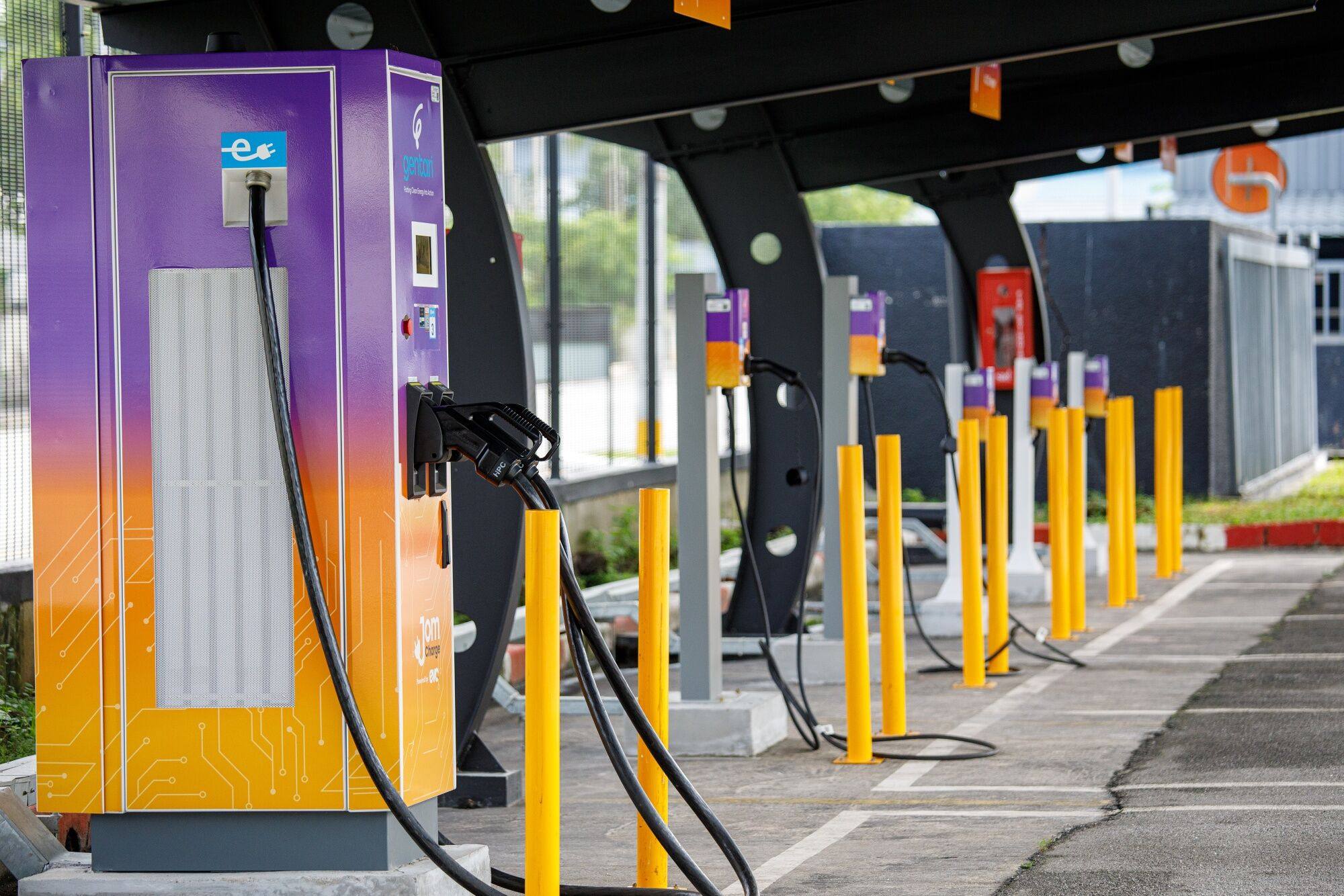
“The major issue for Asian nations is the highly concentrated nature of mineral processing in China, but also not having in-house technical knowledge [except China] on mining materials – the exceptions being South Korea and Japan,” said Abhishek Murali, senior analyst of battery markets at Rystad Energy, an independent research and business intelligence firm in Norway.
The International Energy Agency (IEA) has forecast that electric vehicle sales are set to explode tenfold by 2030 – a 38 per cent market share – after the share of EVs in global car sales more than tripled to 14 per cent in the last two years.
Global demand for lithium, which was estimated at 130,000 tons in 2022, is expected to multiply more than three times by 2030 because of demand for lithium-ion EV batteries, according to Coface, a global trade insurer headquartered in France.
“The world capacity is likely not to follow the fast-growing demand for the mineral, with some experts foreseeing shortages as soon as 2025,” the firm told This Week In Asia.
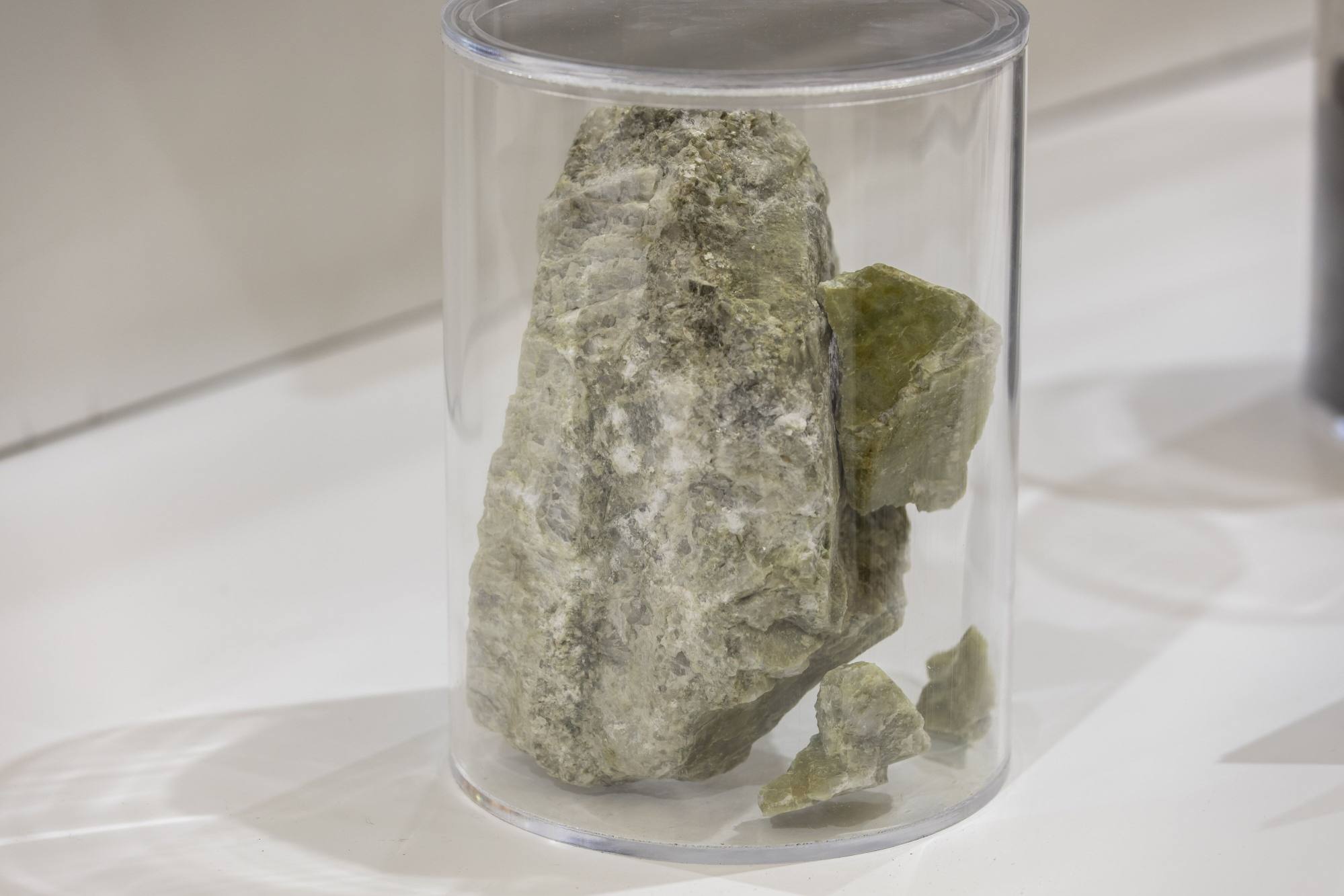
Dipping their toes
Some Asian countries such as Japan have started to take steps to secure future supplies, with Tokyo signing two memorandums of understanding for joint exploration of key minerals in Zambia and Namibia in August this year.
Australia has extensive reserves of lithium and Indonesia has copper and nickel that are needed for EVs. The Philippines, too, has vast reserves of nickel.
“However, these countries face challenges regarding the exploitation of the minerals due to environmental implications [deforestation, water pollution], as well as social issues like indigenous people displacement in Indonesia,” said Eve Barre, Asia-Pacific economist at Coface.
Indonesia has been trying to woo EV makers such as Tesla to set up battery manufacturing facilities, while other Southeast Asian nations such as Malaysia and Thailand have also been trying to attract EV makers.
Indonesia needs Asean ‘collaboration’ to turn region into an EV leader: experts9 Oct 2023
India has introduced production-linked incentive programmes for batteries to reduce costs and encourage the adoption of electric vehicles. However, EV manufacturing in Southeast and South Asian countries had mainly been composed of assembling, using high-value added inputs from China, Barre said.
Establishing reliable supplies of minerals such as lithium, nickel, cobalt and copper would be key to making the clean transition affordable, the IEA said.
China has forged ahead in EV production by investing in securing minerals as developing middle stream components, paving the way for EV battery producers such as CATL as well as carmakers like BYD.
China accounts for 60 per cent of lithium refining and 77 per cent of the production of global battery cells, while mineral-rich nations like Australia depend on China for their exports of resources.
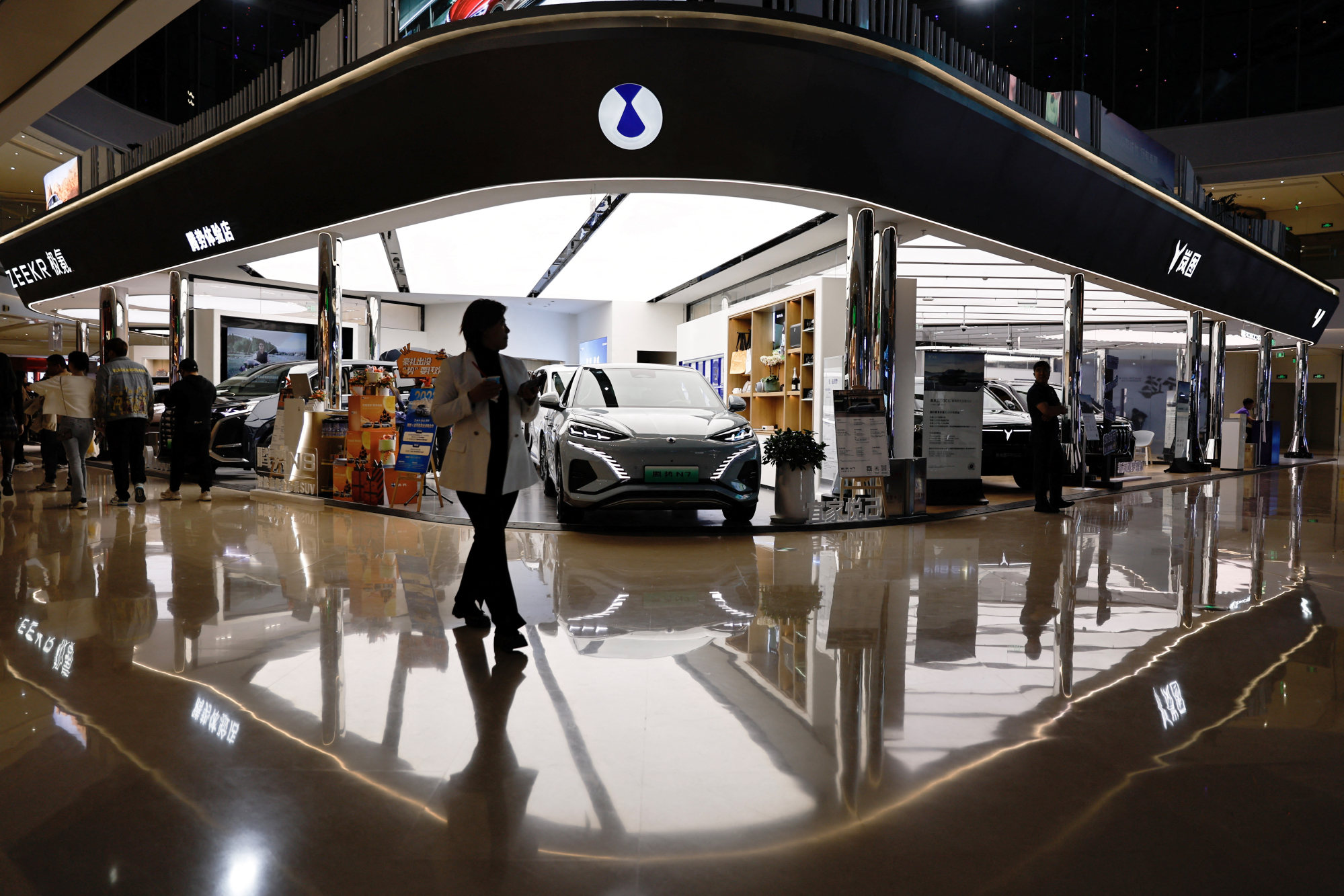
Double whammy
The introduction of the US Inflation Reduction Agreement last year, which offers subsidies for green industries to set up shop in the United States and puts firms under pressure to localise battery raw material supplies, also poses a challenge for Asian nations.
“China being a country of concern for the US administration, this gives an additional challenge to the Southeast Asian country, which has received large Chinese EV-related investments,” Barre said.
Procuring critical minerals for electric vehicles in Asia poses several challenges, including limited regional resources as well as some other obstacles, according to A.M. Muralidharan, head of productivity and retail development at Volvo Construction Equipment.
“Purchasers often also want to know if the batteries contain conflict materials – which are scarce materials or components known to be sometimes derived from sources that benefit armed groups in the area of origin,” he said. “It is very likely that our industry will depend more on China in the short term, and will then be balanced by Japanese and Korean players, in the mid and long term.”
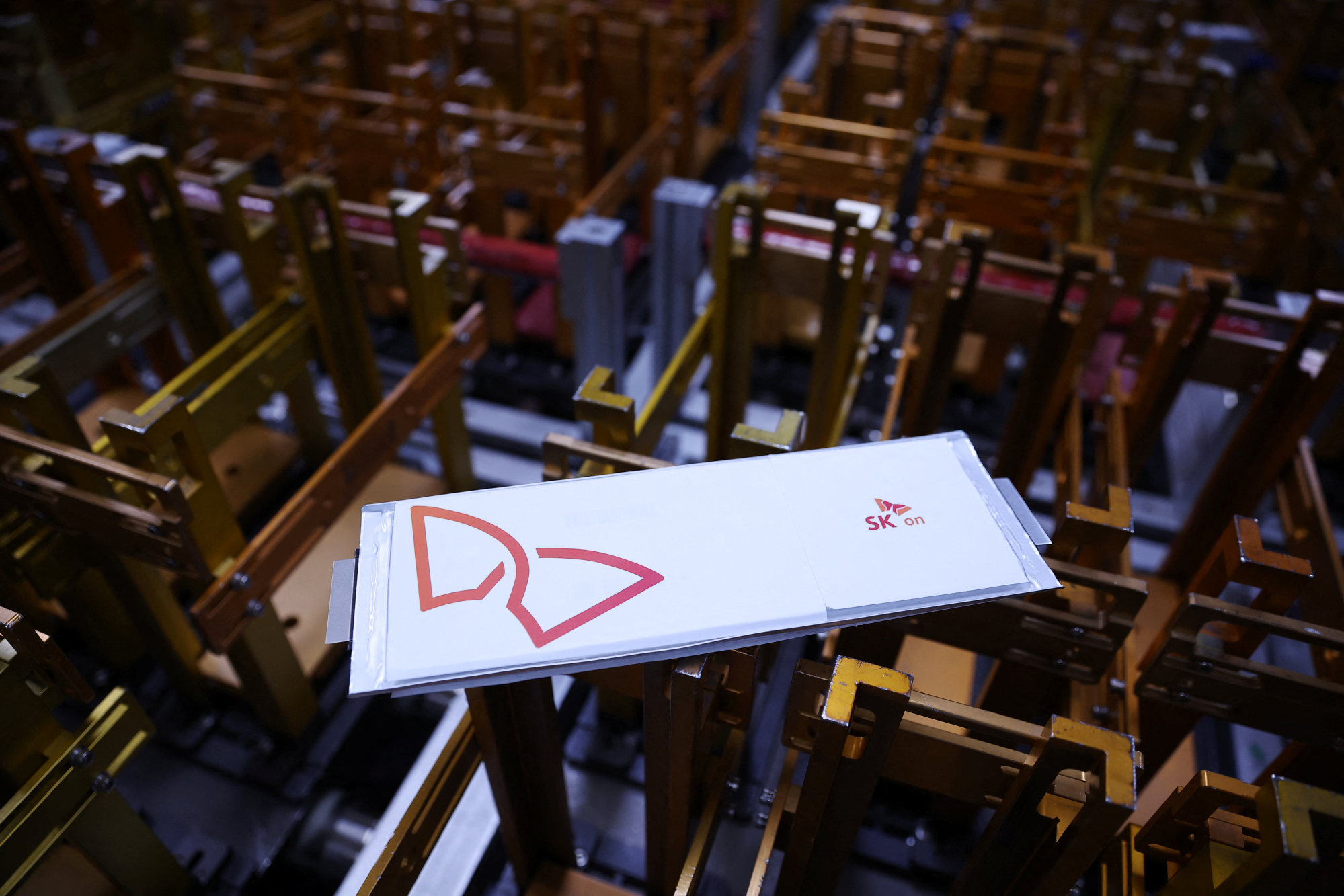
Tightness in the availability of raw materials is something “that will probably slow EV deployment below what many countries and companies are hoping for”, said James Stevenson, executive director of coal, metals and mining at McCloskey by OPIS.
The global trade landscape for resources was also changing because of “friendshoring”, or relying on supplies from friendly countries, he said.
“However, ultimately, it’s essential to recognise that investment in developing new supplies is critical – this may require sourcing of raw materials from countries that are not necessarily allies,” Stevenson added.
Malaysia has big EV ambitions. To get there, it wants to liberalise markets6 Nov 2023
Another industry executive said the development of the EV supply chain would occur rapidly, despite challenges such as the raw materials’ availability.
“Our region will always be a part of the EV and battery supply chain because we have got a big chunk of the global population here,” said Paul Lock, managing director of Pan Asia metals, a battery materials company with mines and projects in feasibility in Thailand, Vietnam and South America.
Lithium supplies in Southeast Asia are likely to be met largely from Africa and Australia, but the region would “play an important part in lithium processing, battery manufacturing and EV production”, Lock added.
Author: Biman Mukherji
Published: 7:00pm, 7 Nov, 2023
Read the full article on South China Morning Post here: Electric vehicle sales boom unlikely to ease Asia’s dependence on energy imports, analysts warn | South China Morning Post (scmp.com)
